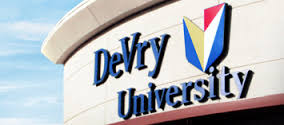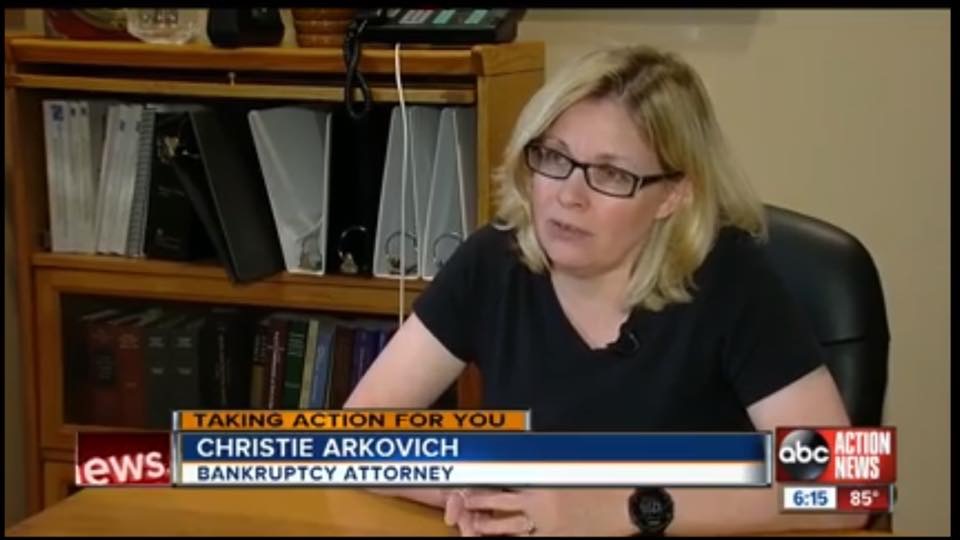 The CFPB announced in mid 2016 that it was looking more closely at student loan servicers (companies that collect payments from borrowers) and their role in the increased student loan defaults. It has announced this as one of their priorities for 2017. Last fall, the CFPB issued a joint statement of principles on student loan servicing with the Department of Education and Department of the Treasury calling for greater consistency, accuracy, accountability and transparency in loan servicing. The bureau followed up with an annual report on complaints it has received about student loan servicers that could bolster the case for industry-wide standards.
The CFPB announced in mid 2016 that it was looking more closely at student loan servicers (companies that collect payments from borrowers) and their role in the increased student loan defaults. It has announced this as one of their priorities for 2017. Last fall, the CFPB issued a joint statement of principles on student loan servicing with the Department of Education and Department of the Treasury calling for greater consistency, accuracy, accountability and transparency in loan servicing. The bureau followed up with an annual report on complaints it has received about student loan servicers that could bolster the case for industry-wide standards.
Several student loan servicers have disclosed that they are responding to inquiries from the CFPB that could lead to enforcement actions. The companies include Navient Solutions Inc., Navient subsidiary Pioneer Credit Recovery Inc., The First Marblehead Corp., and Xerox Educational Services Inc.
Some companies have lost their licenses or governmental contracts to act as student loan services for federal loans. Pioneer was one of five private collection agencies cut loose by the Department of Education in February, 2015, following a review that concluded they were providing inaccurate information to borrowers. The other companies that lost their government contracts were Coast Professional, Enterprise Recovery Systems, National Recoveries, and West Asset Management. They may still be servicing private loans however. In the summer of 2016, I believe Pioneer and Enterprise appealed the loss of their contracts and won – and as a result are still servicing governmental contracts. In December 2016, the Department of Education announced the companies that received a contract to continue to service federal student loans are:
 Reboot Your Life: Tampa Student Loan and Bankruptcy Attorney Blog
Reboot Your Life: Tampa Student Loan and Bankruptcy Attorney Blog



